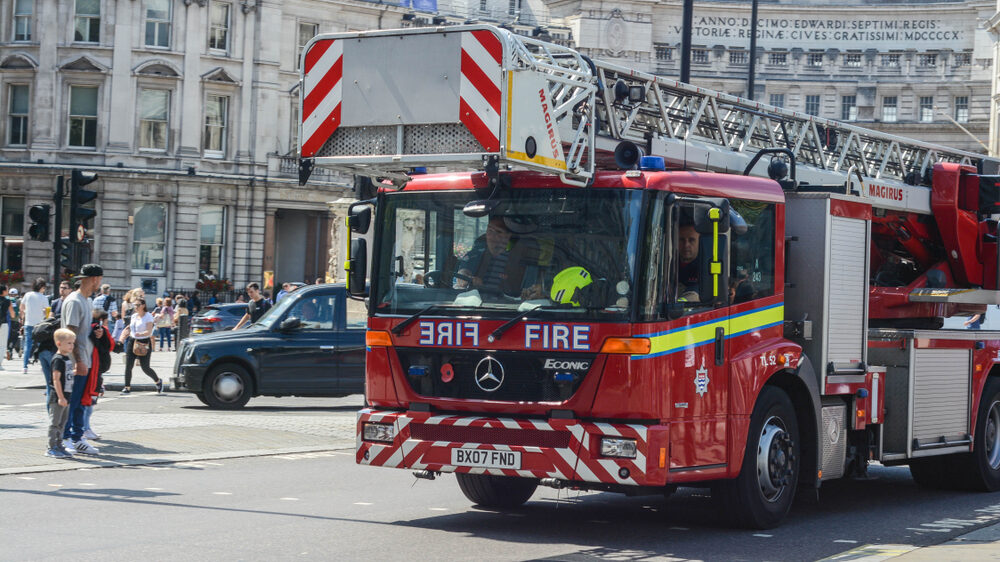London’s fire engines: understaffed and underprepared as city marks anniversary of record heat
- July 20, 2023
- 10:02 am


Iain Hoey
Share this content
New data shows an average of 23 fire engines unavailable daily in London
In data obtained by the Fire Brigades Union, a startling revelation has emerged. So far this July, an average of 23 of London’s fire engines have been unavailable every day due to understaffing, as the source reveals here.
This figure equates to approximately one in every six of London’s 142 fire engines.
A peak of 28 fire engines were off-duty on July 16th.
London’s only fireboat, a critical asset for river rescue and firefighting efforts, has not been operational for 13 shifts this month.
These statistics only account for appliances rendered ‘off the run’ due to insufficient firefighter numbers.
Fire engine understaffing on the anniversary of 2022 wildfires
These figures come to light on the anniversary of the 2022 London wildfires.
They also coincide with the release of the London Fire Brigade’s Major Incident Review about the events of July 19th, 2022.
On that day, which marked the highest recorded temperature, London saw a total of 822 fire engine mobilisations.
A staggering 39 fire engines were unavailable due to understaffing as fires engulfed Greater London, causing the destruction of 18 homes in Wennington.
The LFB’s report acknowledges that understaffing likely led to slower response times and insufficient resources or firefighter numbers.
Since 2010, the London fire service has experienced the loss of 1,388 firefighters, including control staff, 10 fire stations, and 26 fire appliances due to cuts.
Fire Brigades Union secretary’s warning about understaffed fire engines
Fire Brigades Union general secretary, Matt Wrack, stated: “One year on from the devastation of last summer’s wildfires, cuts are still leaving the fire service unprepared.”
“This is putting lives and homes at risk,” he continued, “Londoners should be furious that in the capital city of one of the richest countries in the world, firefighter numbers have been cut so badly that more than 20 fire engines are sitting idle every day.”
Wrack describes the situation as a disaster waiting to happen again.
“We will continue to face an increasing number of wildfires and extreme weather events due to the impact of the climate emergency,” Wrack added. “We need a UK-wide wildfire strategy, but above all, we need proper investment and funding for the fire service.”
Jon Lambe, FBU London Regional Secretary, echoed Wrack’s sentiment: “London’s firefighters are protecting lives under immense, unsustainable pressure.”
“Since 2010, we’ve seen over 1,100 London frontline firefighters lost to cuts. Fire engines are left empty in stations because there are not enough firefighters to crew them,” Lambe stated.
He concluded by calling for serious investment to ensure firefighters can save people’s homes and lives across London.
IFSJ Comment
This news is significant due to the potential safety risks posed by understaffing of fire services.
This situation is particularly alarming given the increasing threat of wildfires and extreme weather events due to climate change.
Ensuring adequate staffing and resourcing for fire services is crucial for community safety and disaster resilience.
About the Fire Brigades Union
The Fire Brigades Union is a professional trade union body representing firefighters and other professionals in fire and rescue services across the United Kingdom.
Their aim is to provide a voice for firefighters and the fire and rescue service, promoting the interests of their members on matters relating to employment, health and safety, fire and rescue policy and wider issues.

